Columbia University’s Expulsion of Activists: A Call for Justice Against Censorship
Columbia University expelled a student for protesting against genocide in Gaza, leading to wider implications for free speech and student rights. This move, alongside similar actions against 22 other students, raises concerns about institutional retaliation for political activism. The expulsion coincided with federal pressure on the university, illustrating the intersection of politics and education in suppressing dissent. Amidst this backdrop, students are mobilizing for justice, determined to uphold their rights and advocate for Palestinian solidarity.
In a recent event that has sparked widespread controversy, I was expelled from Columbia University on March 13 for my participation in protests against the ongoing genocide in Gaza. I am not alone; a total of twenty-two students faced similar consequences, including expulsion and suspension, all of whom had been cleared of any criminal wrongdoing. This punitive action coincided with the extrajudicial detention of a recently graduated student, Mahmoud Khalil, illustrating a concerning trend within the university’s administrative responses to activism.
As the president of the Student Workers of Columbia—UAW 2710 and a PhD student, my expulsion came with significant repercussions. Losing my position not only terminates my teaching role but also affects my pay, health insurance, and housing situation—Columbia’s immediate actions threaten to evict student workers renting from them. Notably, my expulsion occurred just before crucial contract negotiations, highlighting the timing as a possible act of retaliation.
Columbia’s administration claims enforcement of institutional rules; however, this appears to be a strategic suppression of students’ First Amendment rights. On the day of my expulsion, the federal government strongly pressured the university to implement strict measures against protesters, directly linking funding to these punitive actions. Columbia’s efforts appear to align with a broader political agenda rather than adhering to principles of justice and free expression.
The charges against the expelled students were based on vague allegations of occupying university spaces after hours, with claims lacking concrete evidence. Columbia’s process failed to meet its own standards of proof, as students were effectively presumed guilty without substantiation. This lack of clarity raises concerns about politically motivated investigations aimed at silencing dissent rather than maintaining academic integrity.
Compounding the situation is the federal administration’s rhetoric, which seeks to label protests in support of Palestine as antisemitic—a characterization that confuses legitimate opposition to a humanitarian crisis with prejudicial sentiments. As a Jewish individual actively engaged in Jewish studies, I emphasize that opposing genocide is a moral imperative that transcends ethnic identities. The attempts to manipulate perceptions of antisemitism threaten broader discussions about humanitarian responsibilities.
The implications extend beyond activism for Palestine, with a clear pattern emerging where the current administration is willing to weaponize accusations of antisemitism to undermine necessary funding for critical research on politically sensitive issues, such as LGBTQ health and environmental science. Columbia’s decisions signal a troubling precedent where federal funding is leveraged against students expressing dissenting views.
More alarmingly, Columbia has implemented policies severely restricting protests on campus and declined to embrace the IHRA definition of antisemitism while simultaneously redefining Zionism’s status to protect it from critique. This reorientation raises concerns regarding academic freedom, particularly for departments committed to addressing Middle Eastern histories fairly. The university appears to cater to a minority of wealthy stakeholders at the expense of open educational discourse.
Columbia’s decisions reflect a broader refusal to support its students amidst escalating violence and oppression. The indifference to rising authoritarianism only emboldens these tactics, creating a testing ground for attacks on intellectual freedom in academia. Nonetheless, a collective resistance is emerging, as labor organizers and students nationwide advocate for equitable treatment amidst politically charged institutional reforms.
The determinative fight is not solely against cuts but against the larger societal push towards silence and oppression. Historically, labor movements have supported the marginalized, and I am committed to ensuring that my union members’ voices are not stifled by institutional threats. Despite intimidation, solidarity continues to rise, and protests for Mahmoud’s release reflect the growing awareness and dissent amongst students.
As violence escalates in Gaza, the complicity of institutions like Columbia in perpetuating injustice must be scrutinized. We stand resolute, refusing to yield in our pursuit of worker and student rights alongside our commitment to justice for Palestine, reflecting the truth that engagement and activism will not be silenced.
In conclusion, the expulsion from Columbia University underscores a broader trend of institutional suppression against student activism, particularly in relation to humanitarian causes. The administration’s actions raise serious concerns regarding First Amendment rights and political independence within academic institutions. As efforts to stifle dissent intensify amid external political pressures, it is vital that students and advocates continue to mobilize for justice and equality, demonstrating unwavering commitment to fighting against oppression and advocating for human rights.
Original Source: www.thenation.com
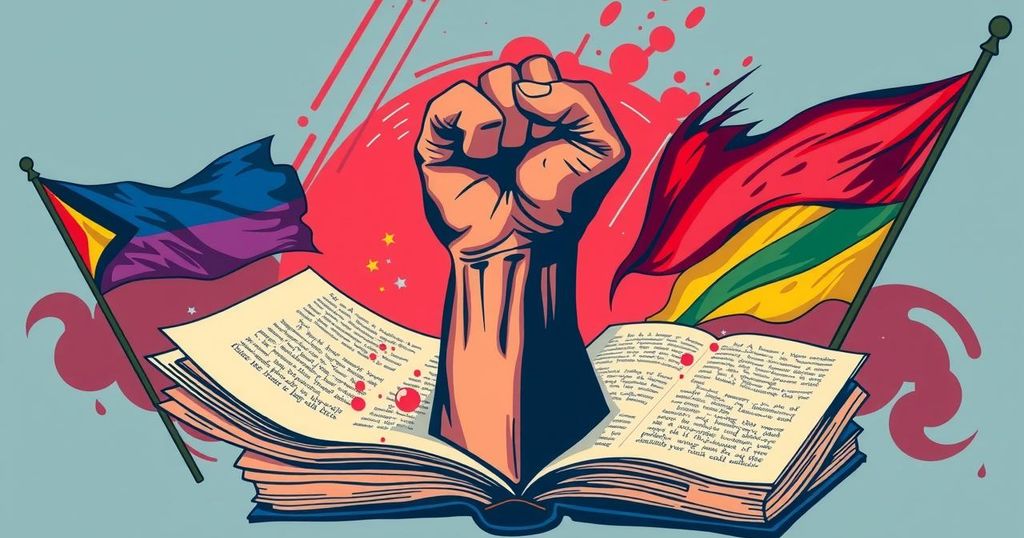
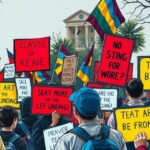
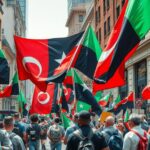

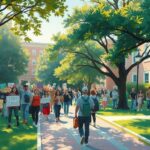


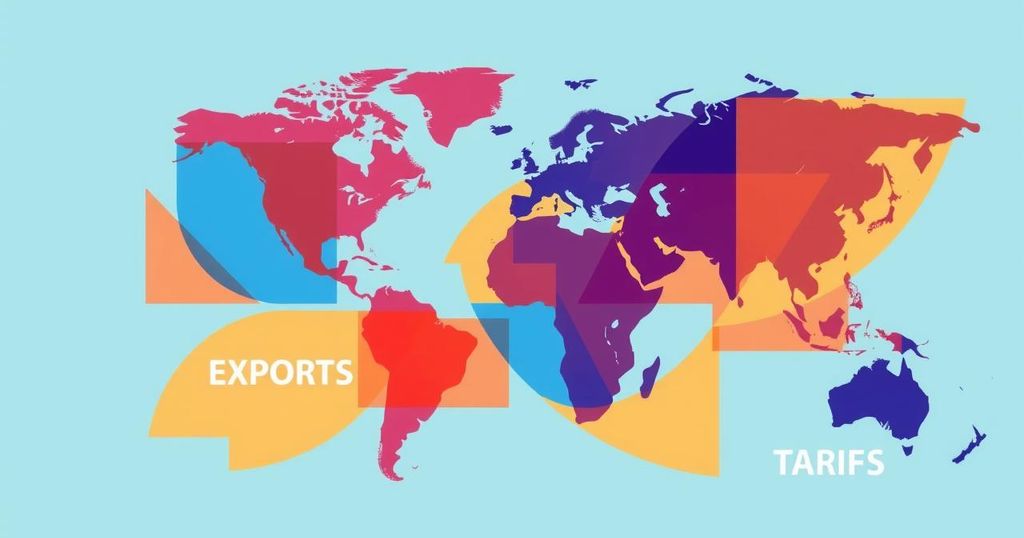
Post Comment